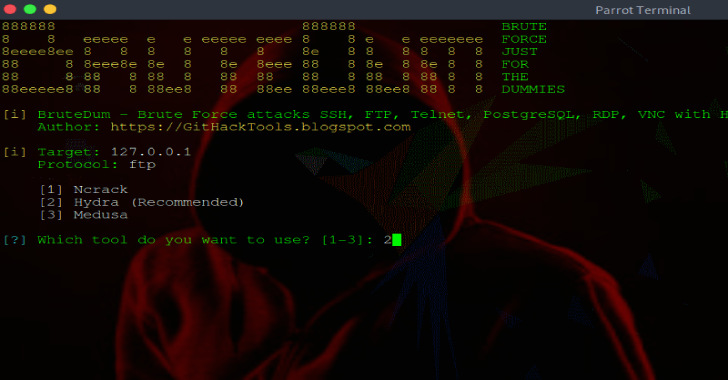The release of YARA-X v0.13.0 introduces several enhancements, bug fixes, and new tools aimed at improving the functionality and user experience of this malware analysis framework.
Below is a detailed breakdown of the key updates in this version.
Key Features And Updates
- Basic Linting with the
checkCommand
A basic linting tool has been introduced to help developers identify issues in their rules or configurations. This feature improves code quality and ensures adherence to best practices. - Refactored JSON Output Format
The JSON output format has been refined for better readability and compatibility, making it easier to integrate with other tools or scripts. - Mach-O Certificate Parsing
Enhanced support for parsing Mach-O certificates was added, leveraging thenomlibrary for more sustainable and efficient binary file parsing. This update is particularly useful for researchers working with macOS binaries. - Variable Reusability in
withStatements
Users can now reference previously defined variables withinwithstatements, streamlining rule creation and improving flexibility.
fmtCommand Binary File Handling: Prevented accidental modifications to binary files when using thefmtcommand.- Path Handling: Resolved a panic issue when paths started with
./, ensuring smoother file handling. - Process Address Space Consumption: Optimized memory usage to reduce the consumption of process address space during execution.
This release was made possible by contributions from @wxsBSD, @latonis, and @chudicek, who played significant roles in implementing these updates.
The v0.13.0 release includes precompiled binaries for various platforms such as Windows, macOS (Intel and ARM), and Linux. These assets ensure wide compatibility across different operating systems and architectures.
YARA-X v0.13.0 represents a step forward in malware detection and analysis by introducing tools like linting, improved JSON output, and enhanced Mach-O parsing while addressing critical bugs.
These features make it a valuable upgrade for developers and researchers in cybersecurity domains.















.webp)
